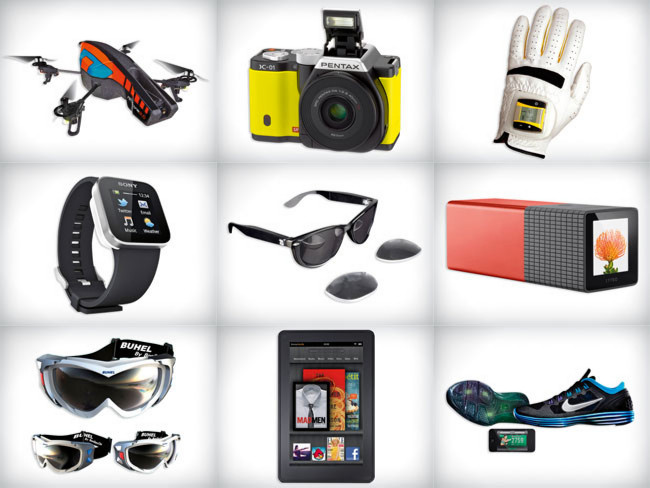Your fitness is their business. Nothing personal
It has become somewhat of an embarrassment to talk about privacy these days. What use is it to protect privacy if careless users are eager to exhibit their personal data to anyone on social networks anyways?
 Today, users are readily spending their hard-earned money to sign up, deliberately, for house arrest-style services similar to those used for tracking criminals.
Today, users are readily spending their hard-earned money to sign up, deliberately, for house arrest-style services similar to those used for tracking criminals.
We are not talking about just wristbands or clips here; don’t forget about the thousands of apps tracking your sleep and movements, diet and cycle, and symptoms and medication schedules. For being so varied, they are not all that different: all of them are sending your data to a network. And that’s where the big ‘oops!’ is. Research published by FTC this May, brought to light some interesting features that these apps (free and paid) have, after analyzing 43 apps. To start with, 26 percent of free apps, and 40 percent of paid, do not deploy any kind of privacy policy.
Impressed so far? How about this revelation: 20 apps on the list sent data to third-party companies (70 recipients in total), who mostly represent advertisers and ad analysts using the data to better target their campaigns. As for data encryption, the situation is even more drastic: only 13 percent of free and 10 percent of paid apps had this capability enabled. So, just one out of ten tracking apps had at least basic means to protect user data!

Just to help you deal with the fact that your data is no longer yours, we recommend that you check out the researchers’ website to better understand how information about you is sent through apps to their developers. That means that not only law enforcement officials, but other bureaus and companies as well may get full access to your data, and most likely, without any constraints, given how bad app developers are at keeping your data private.
Fitness trackers, for instance, employ smart movement sensors, which can help to identify movements other than hiking and running. With that in mind, BP’s initiative to provide all employees and their families with free Misfit trackers looked particularly fishy. Misfit’s CEO admitted that such deals presupposing the discounted sale of thousands of trackers equipped with tracking software to corporate clients, is one of the fastest-growing domains of the company’s business.
Don’t assume that this data is processed by only a handful of people, and that maybe they have no time to get to yours due to a heavy workload. That’s not how it works. All of this bulk data is easily processed by Big Data technologies without involving any human efforts. Your profile is not a file on the shelf among millions of similar files, where it can eventually get lost. Your profile is a batch of bytes which may be stored at anyone’s place, depending on the interest this company or person might have in you, based on the particular patterns the system would find in your data.
So, perhaps it is time to just give up thinking that your life is private. It is well known that your health is someone’s business. Nothing personal. The good news is that at the moment, law-abiding citizens are not forced to use trackers. So all you have to do to keep this particular bit of your life private is to avoid this kind of stuff.
Axarhöfði 14,
110 Reykjavik, Iceland














